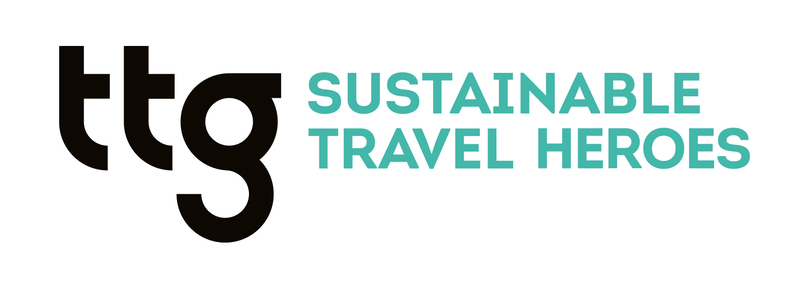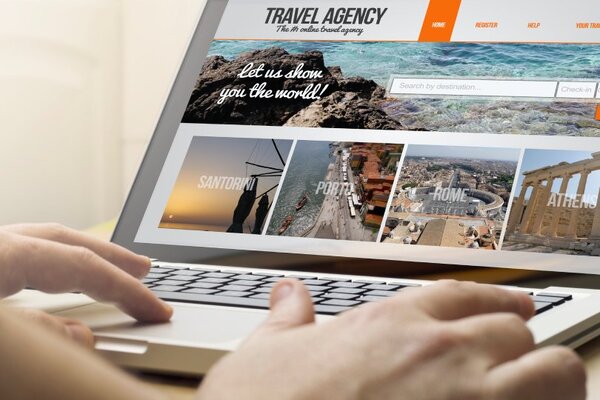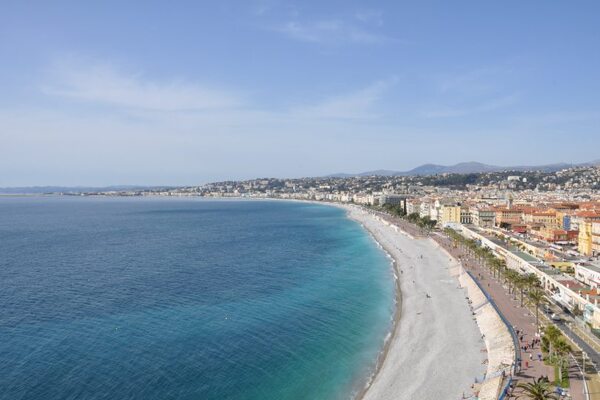10 ways to promote sustainability in your marketing
 Debbie Ward
Debbie WardSpreading the word on sustainability can make customers think positively about your brand – which may lead to more bookings. Debbie Ward shares 10 top marketing tips.
1. PRESENT SUSTAINABILITY AS ADDED VALUE
Think about the benefit to clients when presenting sustainable practices, suggests The Travel Foundation. Talk about the comfort of a cleverly designed eco-room; the convenience of free, drinkable tap water; a unique community experience; or enjoying the slower pace of travel by bicycle. This is a way of enticing clients to travel in a positive manner without appearing preachy, and it reinforces your role in considering their best interests.
2. USE BLOGS TO CONVEY DETAIL
G Touring finds online blogs work well to convey the kind of detailed insight that can’t typically fit in brochures. It focuses on success stories from its Travelsphere Cares and Just You Cares schemes and what customers can expect to get out of a visit to the projects. On social media, it uses customer feedback alongside a link to the blogs. Sales director Sarah Weetman advises: “Nothing works better than actual customers talking about their experiences when on holiday, so we would suggest agents encourage customers to share their stories.”
3. PROMOTE COMMUNITY EXPERIENCES
Experiential travel is one of the big trends of recent years. Customers are likely to welcome chances to interact with local communities by taking cooking classes, spending a night in a homestay, touring off the beaten track or visiting eco-projects. Make it easy for them by using your marketing to showcase the sustainable experiences you could add to their journeys. It’s a win-win situation, as add-ons benefit your bottom line and clients often reference such activities as holiday highlights in feedback. Showing such inspiring product on social media will also help you to stand out from the crowd to potential customers.
4. USE SUPPLIERS’ COLLATERAL
Ask sustainability-minded partners if they have marketing materials to share. For Iberostar’s recent Wave of Change fam trip run as part of TTG Sustainable Travel Heroes, it created a social media bundle with videos, images and guide text for agents to use to help educate clients. This has so far been shared on more than 170 agents’ social media pages and websites.
5. AVOID COLONIAL POSITIVITY IN YOUR MESSAGING
It’s easy to unintentionally refer to colonialism in a positive light in marketing, for instance by using “colonial charm” to refer to certain architecture. Forms of neo-colonialism (the continuation of extracting from local communities without benefiting them) should also be avoided, Intrepid Travel stresses. For instance, if marketing a favela tour, make sure it is run by and for the local community.
6. GIVE LOCAL PEOPLE A VOICE
You can give communities in destinations you sell a greater profile by asking local hosts and tour leaders to share their own stories for your social media pages.
The Travel Foundation’s head of communications Ben Lynam says: “Perhaps demonstrate your long-term relationship with suppliers by [asking them to give] a personal account of why they love bringing visitors to their business and community.” He adds agents can “introduce customers to local customs, traditions, events and wildlife before linking that back to how they can experience these first-hand”.
7. PRACTISE WHAT YOU PREACH
Get your own house in order before pushing eco-messages to clients, warns TerraVerde Sustainability. It suggests first measuring your carbon footprint and publishing your plan to reduce this, then sharing your challenges and successes. Being transparent in your approach not only helps and inspires others to work on their own sustainability at home and away but also builds greater trust in your brand. Iberostar points out its Wave of Change messaging is backed by EarthCheck certification at 50 of its hotels and other ongoing commitments towards carbon neutrality.
8. GIVE PRE-DEPARTURE TIPS FOR TRAVEL
Just before clients travel, provide easy tips on how they can respect local people and animals and minimise their carbon footprint. You could direct customers to your website (Intrepid, for instance, has blogs entitled How to be a responsible traveller, and Responsible travel tips) or include advice in the text of a pre-departure email alongside travel documents.
9. BE DESTINATION-SPECIFIC
For maximum impact, make advice destination- and culture-specific. Tourist boards and specialist operators can help with details. This will not only help clients avoid causing offence but should also have the added benefit of enticing them to find out more about local customs and traditions. The Travel Foundation also suggests including details of local and responsible businesses, and recommending products and souvenirs to look out for that will put cash back into the community.
10. BE CONSISTENT
Think about how you will market sustainability over the course of a client’s interaction with you. Iberostar’s Wave of Change responsible tourism movement is showcased on the group’s website, then enacted in sustainability practices and experiences (like beekeeping visits and kids’ club games) at its hotels. On their return, guests can choose to receive newsletters with inspiration and tips. A recent survey found that 84% of guests noticed the brand’s responsible tourism efforts during their stay.
For more tips and advice on selling sustainable travel, please visit ttgmedia.com/sustainabletravelheroes
HOW TO AVOID ‘GREENWASHING’ IN MARKETING
The Travel Foundation has the following tips to make sure you are responsible in your messaging
Be honest when things aren’t perfect: Perhaps the biggest issue around “greenwashing” is when a company makes far too much of a small sustainable part of its business. Communicate how you are taking steps to replicate successes more widely.
Avoid flimsy, general claims: Rather than: “this tour uses local guides where possible”, it’s better to back this up and say: “all guides on this tour have spent at least five years living in the local area and many were born here”.
Use international standards and protocols where you can: You could, for instance, sign up to the Glasgow Declaration on Climate Action in Tourism.
Be transparent: Publish progress towards sustainability goals on your website and acknowledge when targets are not being met.
Sign up for weekday travel news and analysis straight to your inbox

Debbie Ward
Supplier Directory
Find contacts for 260+ travel suppliers. Type name, company or destination.
















